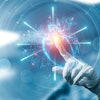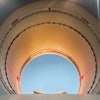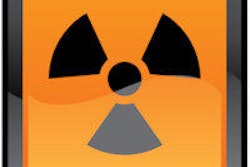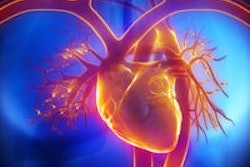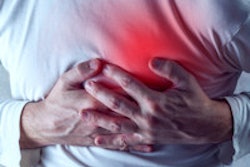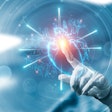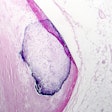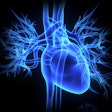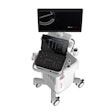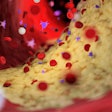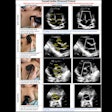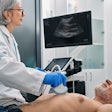Dear AuntMinnie Member,
While progress has been made in reducing radiation dose to patients from medical imaging procedures, how much is being done to protect healthcare personnel? Maybe not enough, if the results of a new study from Italy are any indication.
Researchers found that medical staff who worked in cardiac catheterization labs experienced a range of illnesses at higher rates than other healthcare personnel who weren't exposed to as much radiation. The health woes ranged from orthopedic problems to cataracts, and even included mental problems such as depression and anxiety.
Do we need to do more to protect healthcare personnel? That much seems clear, if these findings are any indication. Learn more by clicking here, or visit our Digital X-Ray Community at xray.auntminnie.com.
US headset for concussion
In other news, California researchers have developed a new headset designed to make it easier to test athletes for signs of concussion. The headset combines transcranial Doppler ultrasound with machine-learning data analysis in the hopes of creating a test that's more rigorous and accurate than current methods for assessing concussion.
Transcranial Doppler has been available since the 1980s, but the team that developed the headset believes the modality has been underutilized. The group hopes that the software will turn it into a more useful tool by unlocking data on cerebral blood flow that's been there all along but has been too difficult to assess.
Learn more about how it works by clicking here, or visit our Ultrasound Community at ultrasound.auntminnie.com.
CAD for CT lung screening
With the arrival of Medicare payment for CT lung cancer screening, imaging facilities are searching for tools to help them perform the exams more efficiently and effectively. To that end, we're highlighting new research in our Advanced Visualization Community on the use of computer-aided detection (CAD) software to find cancers missed on early rounds of screening. Read all about it by clicking here.
